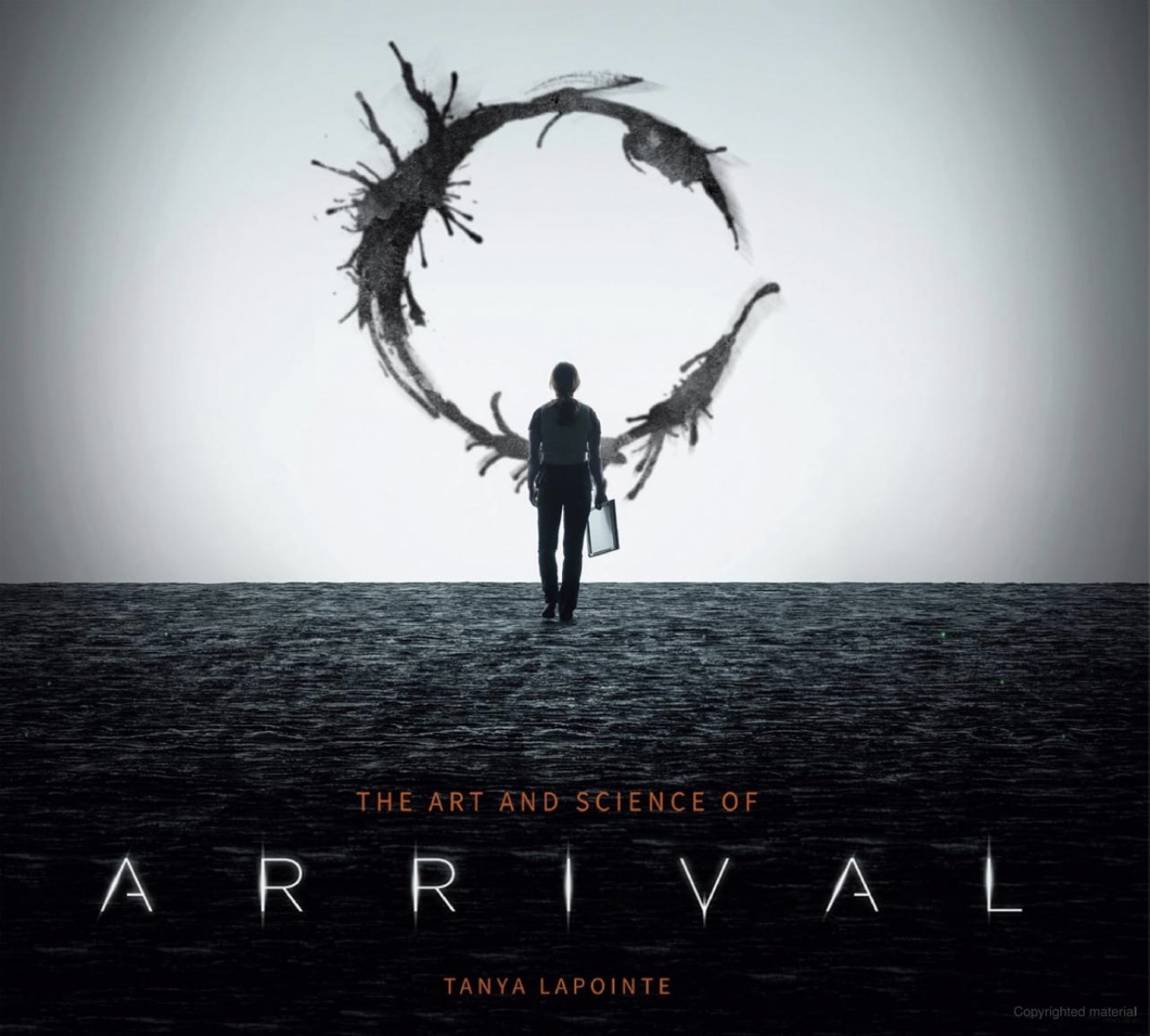Jon Jackson, "Writer Behind Trump's Rally Music Wants to Distance Himself From QAnon", Newsweek 9/20/2022:
Former President Donald Trump on Saturday appeared at an Ohio rally for J.D. Vance, a Republican nominee for Senate. Afterward, Trump received much attention for what many people have claimed was a QAnon element to his appearance.
When Trump took to the stage, people in attendance felt they recognized his entrance music. Many in the crowd raised a one-finger salute as a reference to the QAnon conspiracy theory. They did so because the song they heard sounded nearly identical to QAnon's unofficial theme song, "Wwg1wga," which stands for the QAnon slogan, "Where we go one, we go all." (Although the index finger salute is used by QAnon, some people have claimed its use is also a reference to the "America First" slogan.)
Aides for Trump have denied to multiple media outlets that the song played last weekend was "Wwg1wga." Instead, they identified the tune that the former president used at the rally as a royalty-free track called "Mirrors," written by composer Will Van De Crommert.
However, Van De Crommert wrote to Newsweek that he did not authorize the use of "Mirrors" for Trump. He also emphasized he wasn't happy about his music being associated with QAnon.
"I do not support Donald Trump, and I do not support or espouse the beliefs of QAnon," Van De Crommert said.
That "Mirrors" was mistaken for "Wwg1wga" is understandable. When De Crommert's song is played to the music-identifying service Shazam, the result given back is "Wwg1wga," which is credited to an artist who goes by Richard Feelgood.
"Richard Feelgood's claim on the song 'Mirrors' (retitled 'Wwg1wga') is patently false. The recordings of 'Wwg1wga' and 'Mirrors' are identical, and the master was unlawfully retitled, repackaged, and redistributed to streaming platforms by Richard Feelgood," Van De Crommert said.
He added, "I am not Richard Feelgood, I do not represent Richard Feelgood, and Richard Feelgood is not a pseudonym that I have ever or will ever employ."
Read the rest of this entry »
